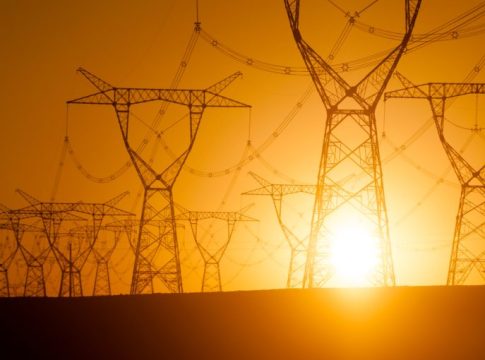Nigeria’s power grid has suffered its fourth collapse in 2024, sparking worries about the reliability of the country’s electricity infrastructure. The Trans-Amadi Power plant, which generates electricity for the nation, was only producing a mere 0.80 megawatts at the time of the collapse.
According to the Independent System Operator’s website, which is part of the Transmission Company of Nigeria (TCN), power generation plummeted from 3,417.99 MW at 1 pm to 2,797.16 MW at 2 pm, further declining to 1,020.08 MW by 3 pm, and eventually dropping to a staggering 0.80 MW by 4 pm.
This recurring issue has raised questions about the ability of Nigeria’s power grid to meet the nation’s electricity needs.
READ MORE: Nigeria Launches $1.Trillion Economy Plan For 2030
As one official noted, “This is a clear indication that our power infrastructure is still fragile and prone to collapses.”
The frequent collapses have resulted in widespread power outages, affecting homes, businesses, and industries across the country. Nigerians are calling for urgent action to address the issue and ensure a stable power supply.
The government has promised to invest in upgrading the power infrastructure, but the pace of progress remains slow. As one resident lamented, “We need a reliable power supply to drive our economy and improve our lives. It’s time for the government to take concrete action.”
The collapse of Nigeria’s power grid has once again highlighted the need for a robust and reliable electricity infrastructure. Until then, Nigerians will continue to suffer the consequences of a fragile power grid.




